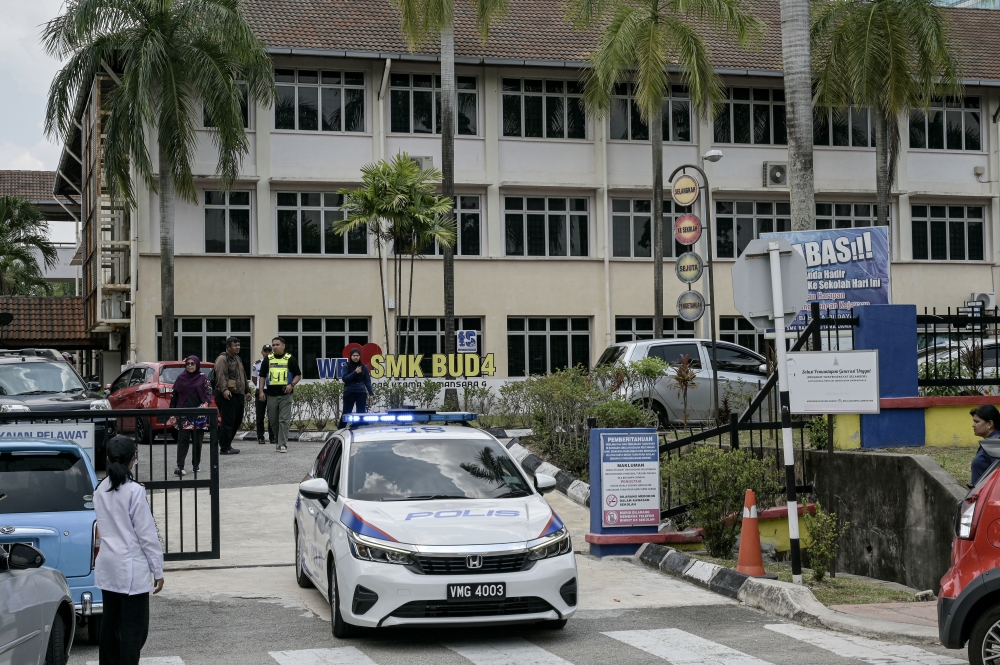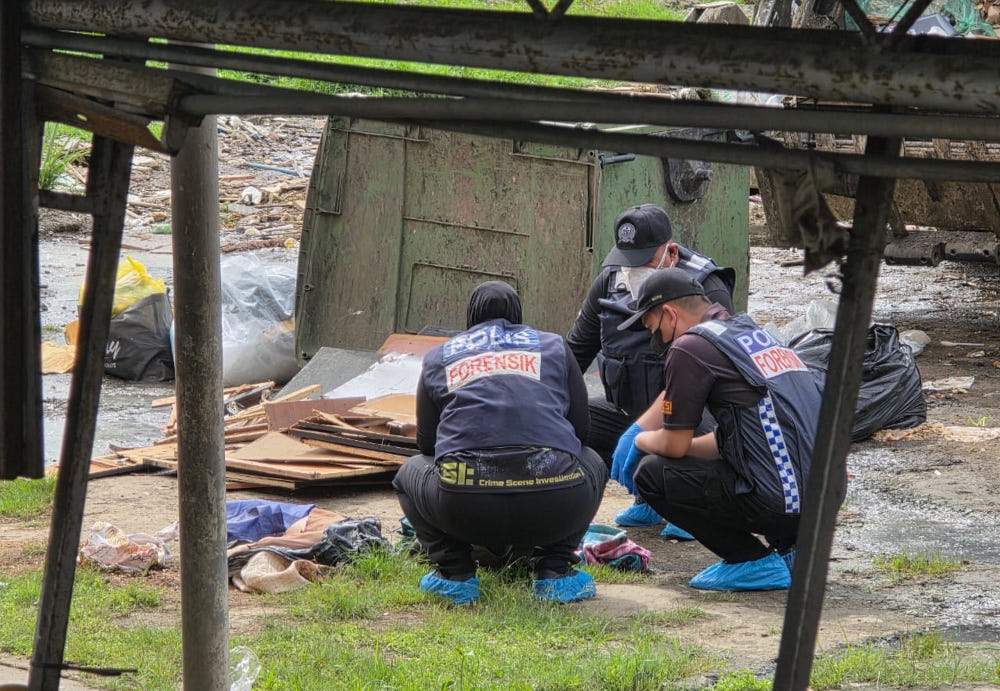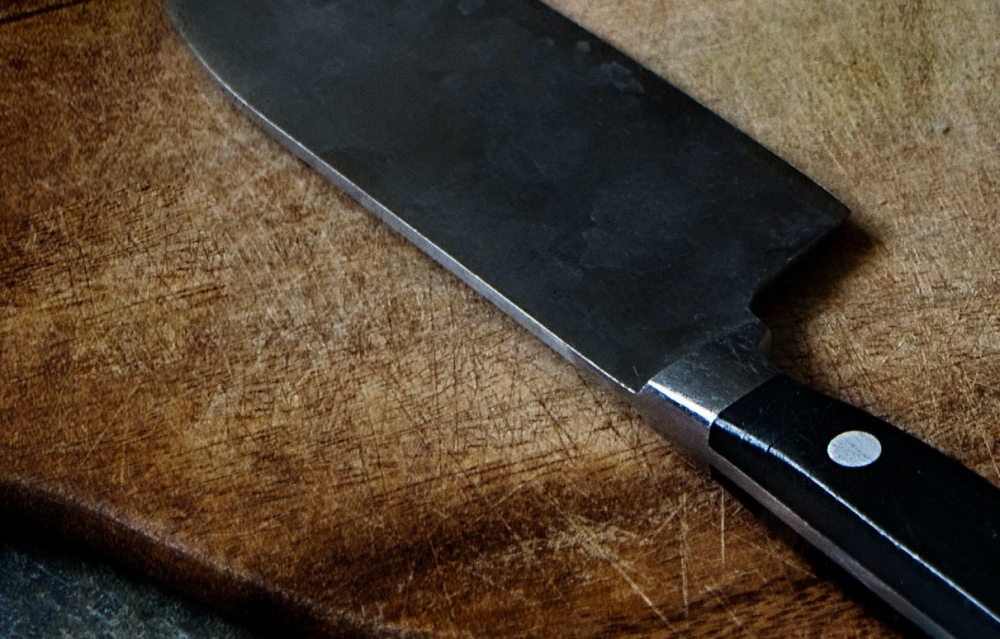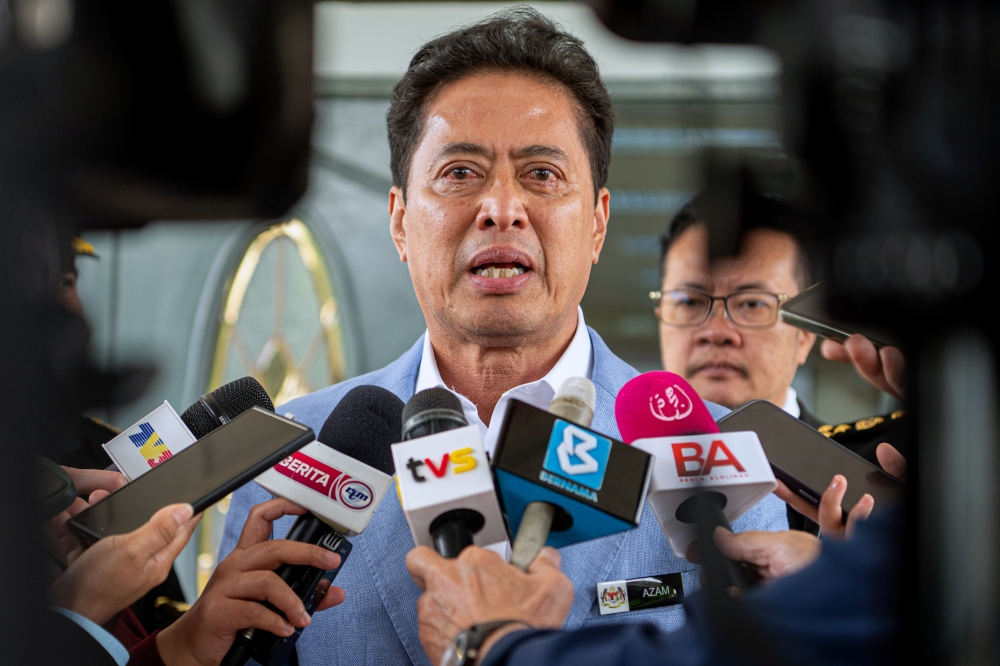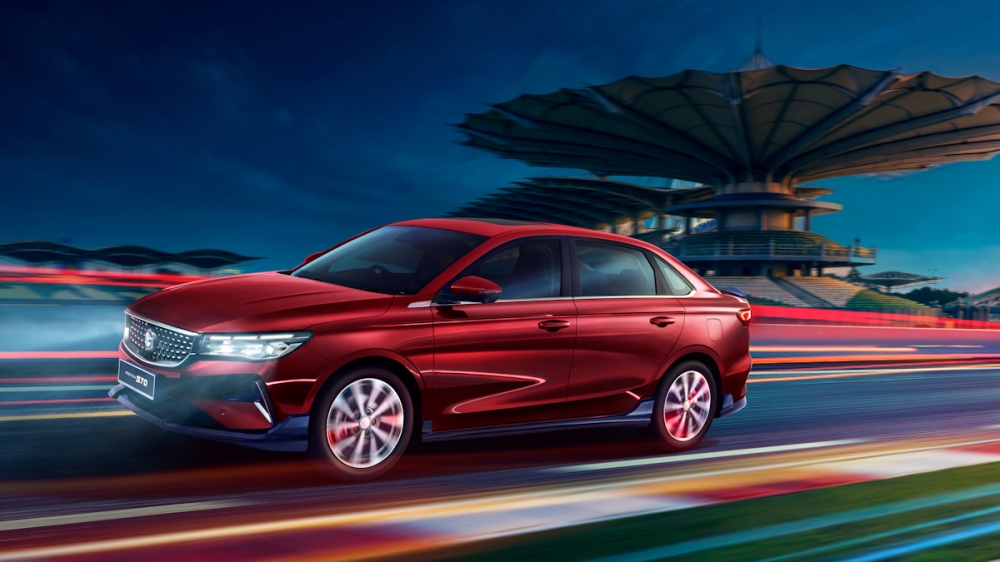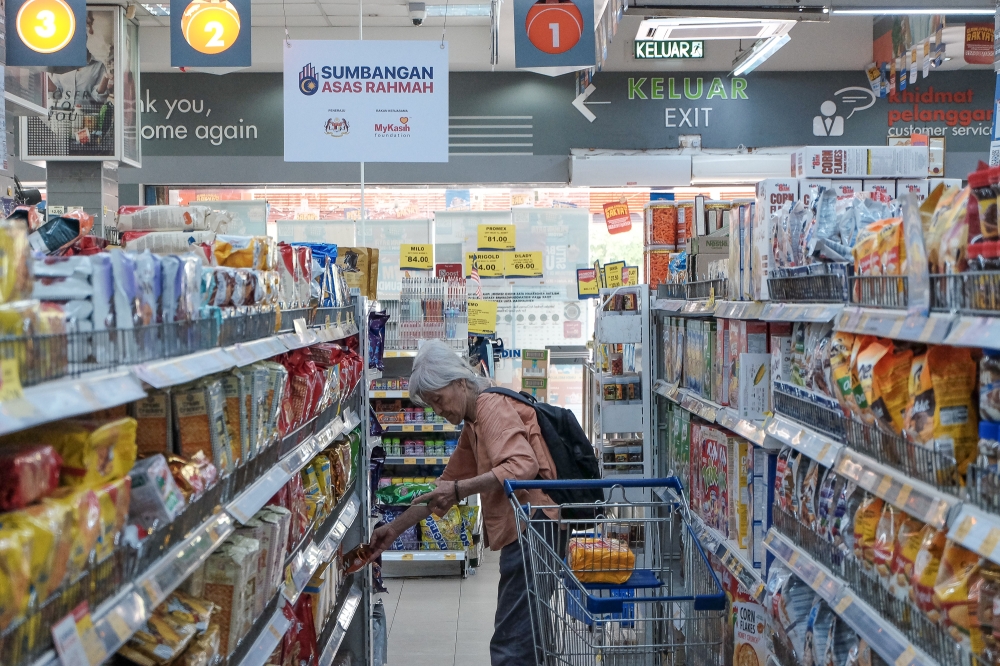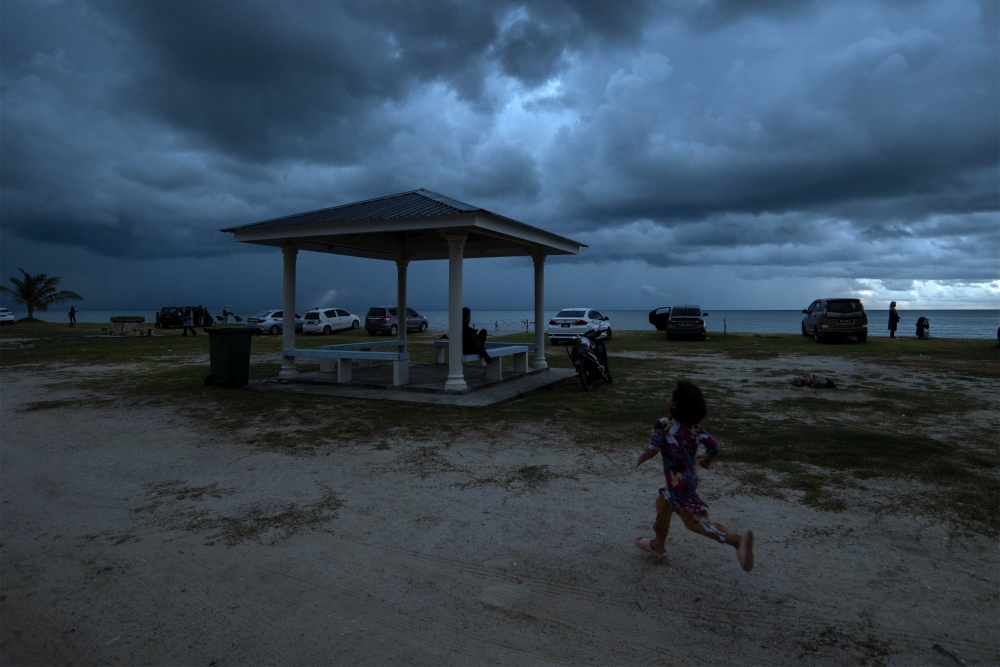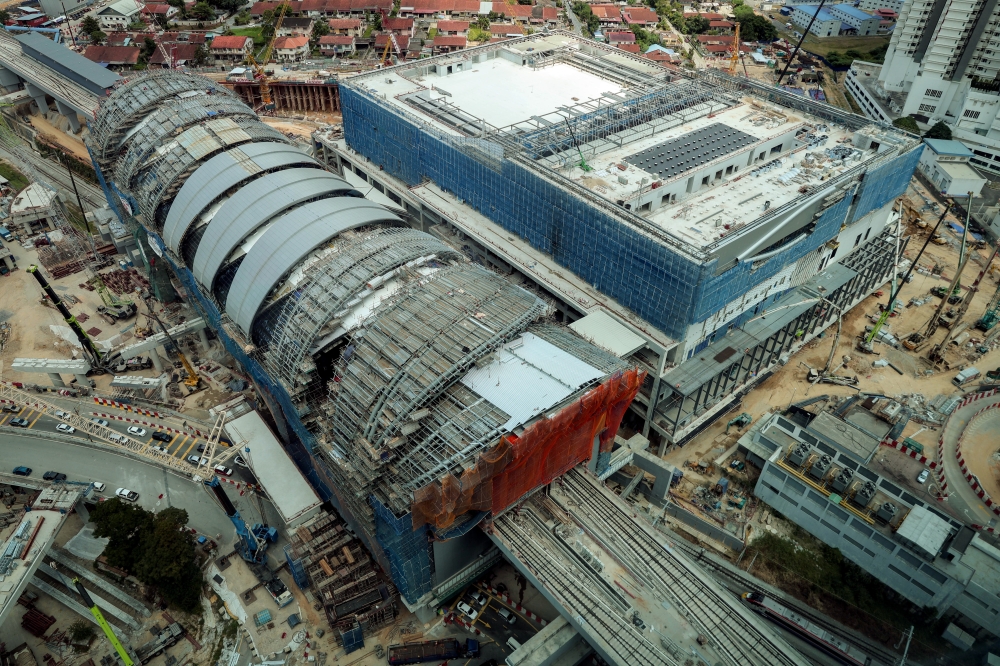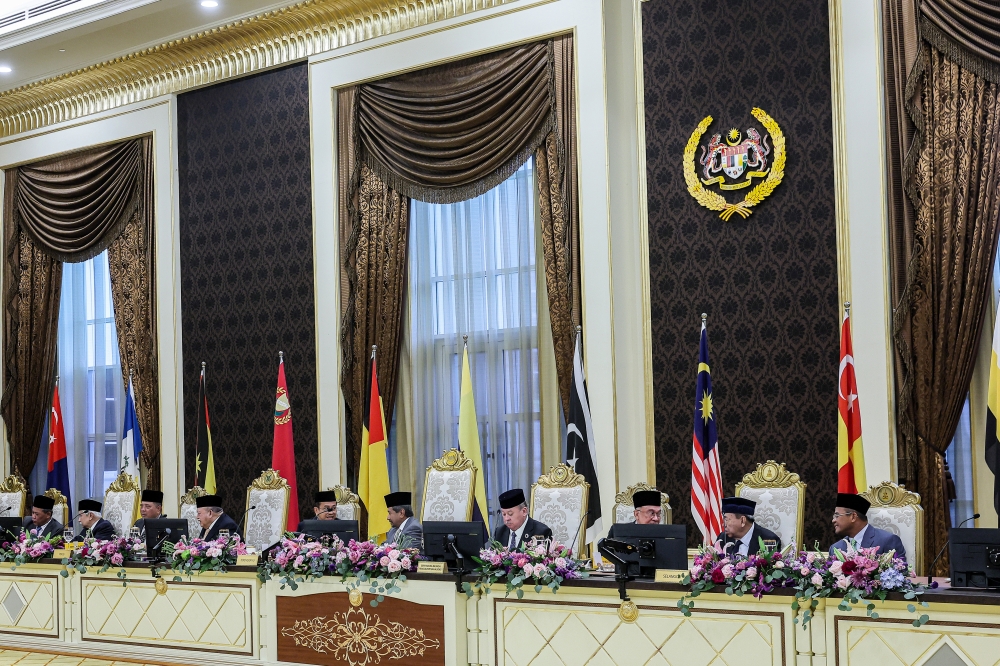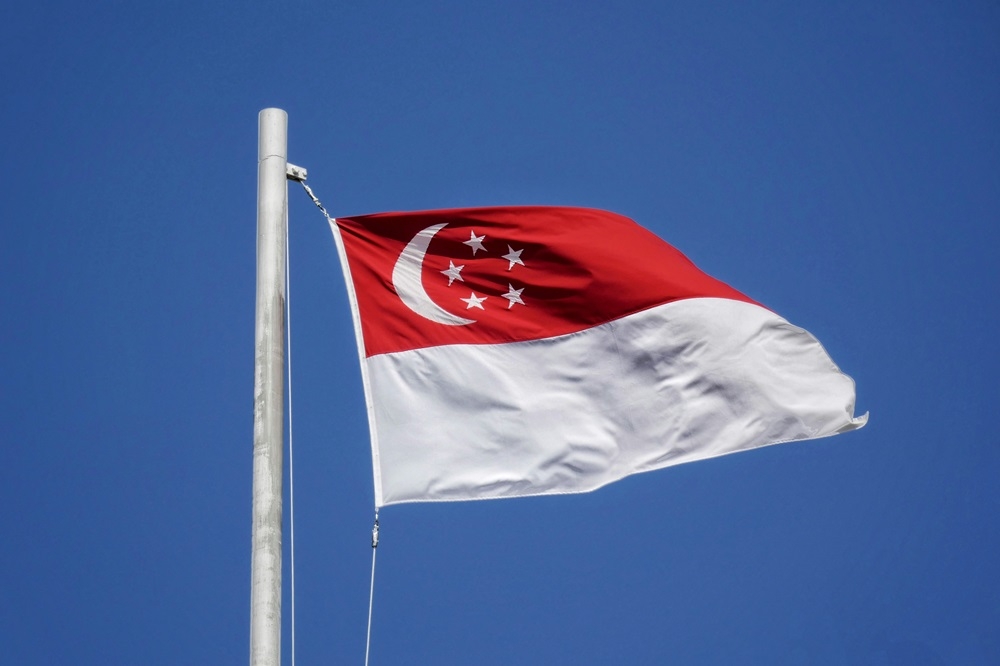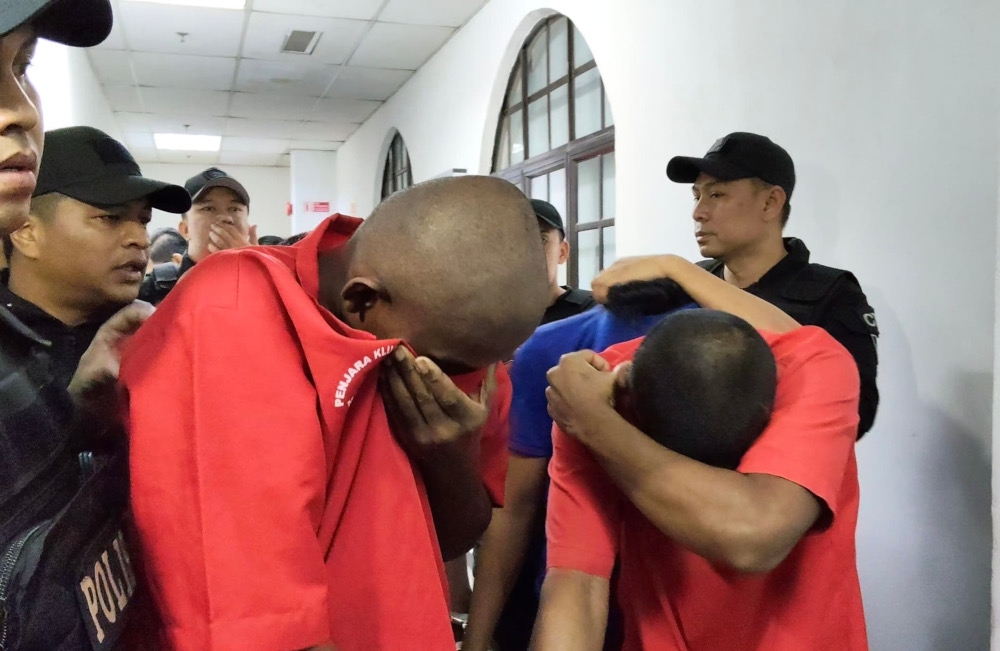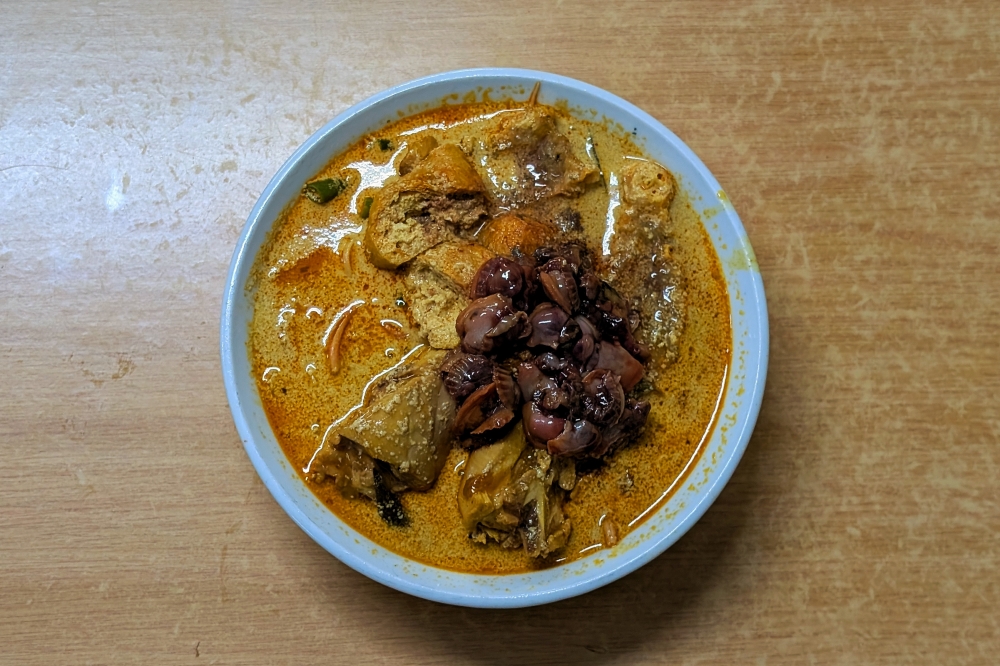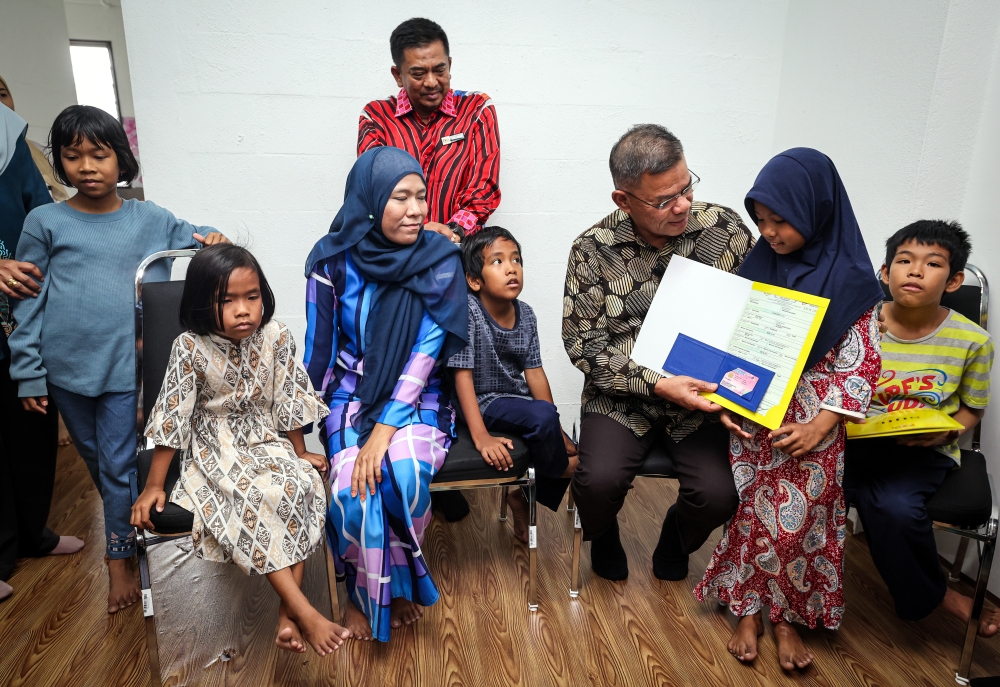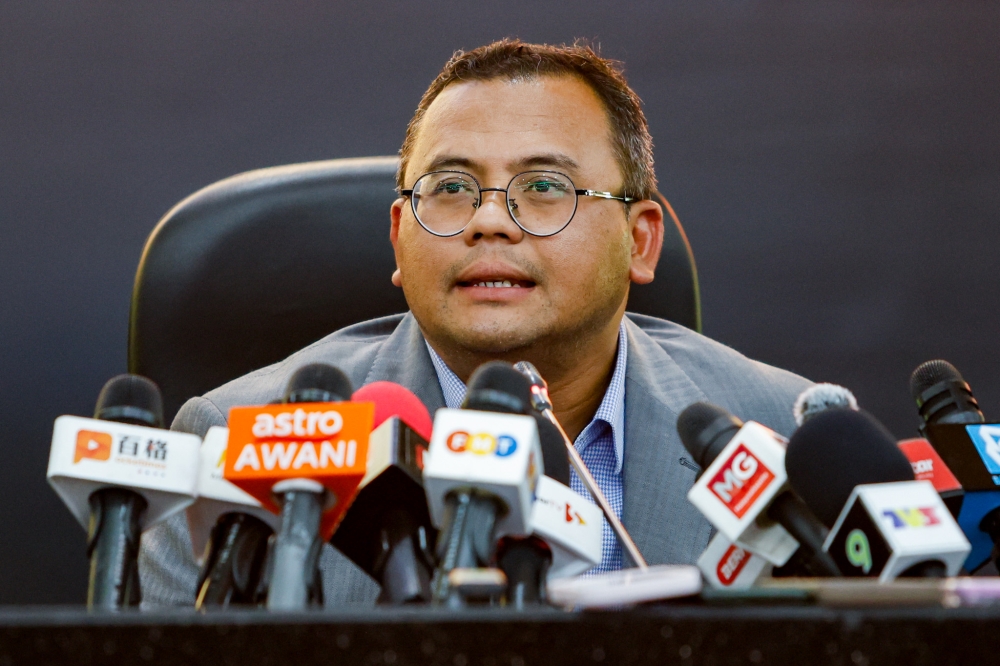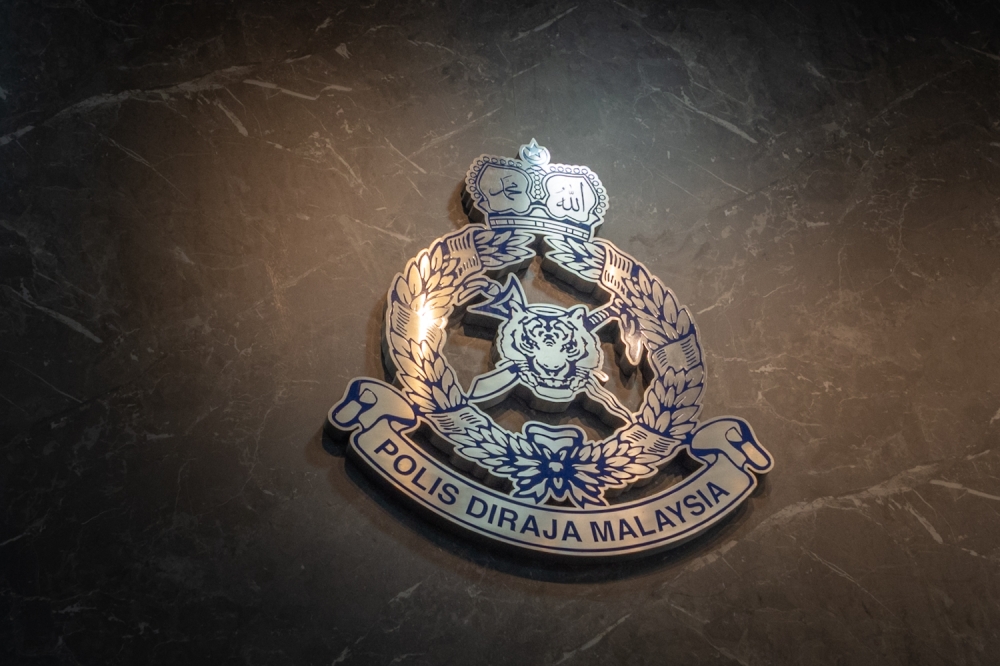KUALA LUMPUR, March 9 — Umno's decision to stay in the Perikatan Nasional (PN) government until the 15th general election (GE15) but immediately challenge the coalition’s lynchpin Parti Pribumi Bersatu Malaysia (PPBM) has cast the spotlight on MCA and MIC.
Umno's decision to split with Bersatu in GE15 was made unilaterally without announcing the position to be taken by its decades-long allies in the Barisan Nasional (BN) coalition, MCA and MIC. BN had been reduced to just the three parties after a disastrous outing in the 2018 elections, with just MCA and MIC choosing to stay with Umno while others left the coalition.
But beyond deciding whether to side with Malay parties Umno or Bersatu in GE15, political observers also highlighted strategies that both the Chinese-based MCA and Indian-based MIC would need to take to stay relevant and survive in Malaysia's political scene. MCA currently has one minister, four deputy ministers while MIC has only one minister in the PN federal government.
Leadership change, youth focus needed
Shazwan Mustafa Kamal, senior associate with political and policy risk consultancy Vriens & Partners, said the Umno-Bersatu split for GE15 puts MCA and MIC in an "unenviable position of having to decide on which party to ally themselves with".
"In the past, both parties have latched on to Umno as a means of surviving and scraping by a few seats and positions in government. No matter what their choice is, the bigger issue at hand is whether MCA and MIC are a spent force," he told Malay Mail when contacted.
He noted that Umno and Bersatu are "slugging it out in hopes of winning over the key Malay vote", adding: "The showdown between the two parties is inevitable- Bersatu’s raison d’etre was to replace Umno as the premier party for Malay voters."
"Umno will likely aim to position themselves as the grassroots party for the Malays, and attempt to point out flaws within the Perikatan Nasional’s policies when it comes to empowering Malays. MCA and MIC are widely seen as subservient to Umno-therefore any racial rhetoric or narrative will unlikely change or shift voter’s minds about these two parties," he added.
Shazwan said both MCA and MIC can stay relevant if they have the political will to carry out measures such as focusing on youth-based issues and young voters, as well as revamping their leadership structure as the current leaders are a spent force who are remnants from Barisan Nasional decades ago.
"But for a party of warlords who have benefited for years from the existing patriarchal structures, it is a tall ask for these two parties," he said.
He added that MCA's recent amendment to the party’s constitution to accept non-Chinese Malaysians as affiliate members and its proposal to lower party membership age to 16 years’ old, subject to the government's approval, are measures that "will likely be seen as playing lip service" if not reflected on a policy-level.
"They are seen already as being more and more irrelevant for today’s generation of voters, and will most likely pick the winning side (Umno or Bersatu) once GE15 is over," he said, citing Gerakan as an example of a party that left BN after the 2018 elections and which was accepted into the Bersatu-led Perikatan Nasional in February 2021.
"Won't be difficult for them to, let's say, back Umno for GE15, and if Umno loses, switch camps and join Bersatu after that," he said.
MCA, MIC can survive
Oh Ei Sun, senior fellow at the Singapore Institute of International Affairs, said MCA and MIC will now have to carefully weigh whether it would be more beneficial politically to choose Umno or Bersatu.
"Going with Umno would enable them to share at least part of Umno’s formidable traditional conservative Malay electoral support. Going with Bersatu would avail them of the power and largesse of incumbency, with Muhyiddin being the prime minister," he said, referring to Bersatu president Tan Sri Muhyiddin Yassin.
Oh agreed that it would be better as a whole for both MCA and MIC to stay in BN for GE15 as Bersatu needs to prove itself first, noting that the two parties would have to "highlight and bluff" about Bersatu's likely incumbency beyond the next general election if they choose to partner with the party in GE15.
"But I don't think that would be a very effective tactic,” he mused.
Oh said increasing the use of racial politics "would be a tempting, convenient and readily available electoral and overall political tool" to Umno when it goes up against Bersatu in GE15, but said MCA and MIC could then tap more into Malay support instead seeking out support from the ethnic Chinese and Indian communities.
"These minor communal parties nowadays do not quite derive nor actively seek support from their respective communities, as it proved consistently futile to do so in general elections. Instead, they appeal more toward the Malay voters which they feel would be more fruitful especially with Umno’s help," he said, adding that this meant MCA and MIC can afford to continue to ignore disgust towards such racist overtones.
He said MCA and MIC could also use the "scare tactic" to stay relevant in GE15.
"They can also be more blunt and forthright in delivering the political reality of the time, namely a Malay-centric government is likely to stay on for a very long time if not forever, and as such the the few remaining rights of the non-Malays would be even further eroded if they do not gain a few more seats.
"One more thing, these minor communal parties could still somehow survive as on the one hand they still have enormous party assets, and on the other hand the any Malay-centric government would like to have a few non-Malay decorative items to be coalition partners to present a façade of multiculturalism," he added.
Counting on service and representation in government for votes
Prof James Chin, director of University of Tasmania’s Asia Institute Tasmania, said the reality is that the GE15 contest will be between the core Malay-based parties of Umno, Bersatu and PAS, with MCA and MIC just regarded as a “sideshow”.
He said MCA and MIC will put up candidates in Chinese majority seats or seats with a high percentage of Indian voters to represent BN, as it will be difficult for Umno to justify putting up Malay candidates in such seats.
He noted that Umno had also in the past “loaned” Malay-majority seats where victory would be assured to MCA and MIC to ensure their continued relevance, with both parties actually relying on the Malay community to vote them in as part of BN.
“Some of the seats won by MCA or MIC were seats where Malay voters constitute almost 40 to 45 per cent of the electorate. In other words, MCA candidates who won in those seats did not win because they won the Chinese vote. They won because the Malays were mobilised by Umno and voted solidly for BN which is represented by MCA.
“MCA won just a small minority of Chinese votes, combined with the Malay vote, that was enough to win. MCA also has a long history of taking one or two Malay-majority seats, officially they are on loan to MCA from Umno, when Umno was strong, they had this idea that we cannot allow MCA to be wiped out, so we need to loan them some safe Malay-majority seats so that they will at least have some seats, this was when Umno was very strong,” he said, noting that the same was done for MIC where it won seats with minority of Indian votes coupled with Malay votes mobilised by Umno.
In the 2018 general election, MCA and MIC won one parliamentary seat each. MCA later won another federal seat in a by-election in 2019.
With Umno going up against Bersatu in GE15, both MCA and MIC will be at the “losing end” due to the strategy that Umno will have to use, Chin said.
“Yes, Umno will play the Ketuanan Melayu, Islam card for all its worth. This is the only way to beat Bersatu and make sure their alliance with PAS stays intact. MIC and MCA cannot do anything,” he said.
He noted that MCA and MIC are used to such rhetoric as seen in past elections, and that they would instead focus on highlighting the service they can give to voters, instead of seeking to change policies as part of government.
“This is the dilemma facing MCA, MIC. They have run out of issues to say to the electorate, so that’s the reason why they tend to service politics. In other words, you’ve got this crazy system where you set up clinics, you try to solve people’s problems.
“So they don’t even bother to act like a real political party. They just want to service the people and in return, if the people are grateful, they will vote them in, so it’s all about service politics,” he said.
“The only strategy that will probably help MCA and MIC is probably to tell the people that ‘you need us in government, because otherwise it will be worse for you’,” he said, adding that two parties would ask for voters to vote them in for at least one or two seats to enable Chinese and Indian representation in the Cabinet.
“The other game that they can play, which is what they have been saying, which is that if all the non-Malays vote for PKR and DAP, then this will be very bad for the community because they will only be represented on one side” and that PKR and DAP would then allegedly become arrogant due to lack of competition, Chin said of a strategy that MCA and MIC may resort to.
“My take is that it’s not going to work, I think the Chinese community is still very, very angry with MCA and MIC, the general perception that they are running dogs have not faded even though Pakatan Harapan (PH) fell,” he said.
Touting past BN benefits, listening to voters
Universiti Kebangsaan Malaysia’s (UKM) associate professor Kartini Aboo Talib @ Khalid said Umno’s decision to split with Bersatu for GE15 can be seen as also reflecting the stand of MCA and MIC as the three parties share a “common goal and understanding” under the Barisan Nasional coalition.
“It will suffice to say that together they will represent BN in GE15 against Bersatu. There is a little room for a reservation that they will change their strategy and team as one with PN. This could happen too,” the deputy director of Universiti Kebangsaan Malaysia’s Institute of Ethnic Studies said.
Noting that race-based politics is part of Malaysian politics on both divides, she also highlighted that MCA and MIC has been with BN since the coalition was established in the 1970s and that “there is nothing odd to see them still together in this trying time.”
“Like it or not the non-Malay parties will always be the appendix to the Malay parties,” she said, noting that MCA and MIC could stay relevant by staying within the BN alliance or jumping the boat to be with PN which is another Malay-led alliance.
“In the past, both MCA and MIC enjoyed prosperous years as allied in BN. They can continue to work together as a team or find a better team that could give better leverage for their survival,” she said.
Kartini said MCA and MIC cannot be simply discounted as they have a long history, noting: “Both MCA and MIC represent the significant communities in this country, they are still relevant for setting their roots for the last 60 years. I will not put them aside so easily,” she said.
As for how the two parties can continue to stay relevant, a strategy would be for MCA and MIC to draw in Malay voters’ support by pointing to the country’s development and progress towards modernity under the BN’s past leadership and how having BN as the government could pave the way for a better future, she said.
“They can prepare a better campaign strategy of highlighting each community's grievances during two years of unprogressive PH regime and the benefits they had enjoyed in the past with BN and convince voters to vote for them,” she said, describing the rule under Pakatan Harapan (PH) after the 2018 elections as being marked with “factionalism and power struggle”.
She said MCA and MIC will also need to review their parliament and state seats at the micro-level by listening to what voters want, researching on voting patterns, the percentage of young voters or categories of voters and assessing their capabilities to see what they can offer.
Malay Mail spoke to the analysts before MCA’s 72nd party anniversary and 67th annual general meeting on March 7.
On March 7, MCA president Datuk Seri Wee Ka Siong was reported by national news agency Bernama as saying that the party will continue to stay with BN in GE15, also saying that party members need to ensure that the party wins more seats in the polls to obtain a bigger mandate and strengthen the party.

